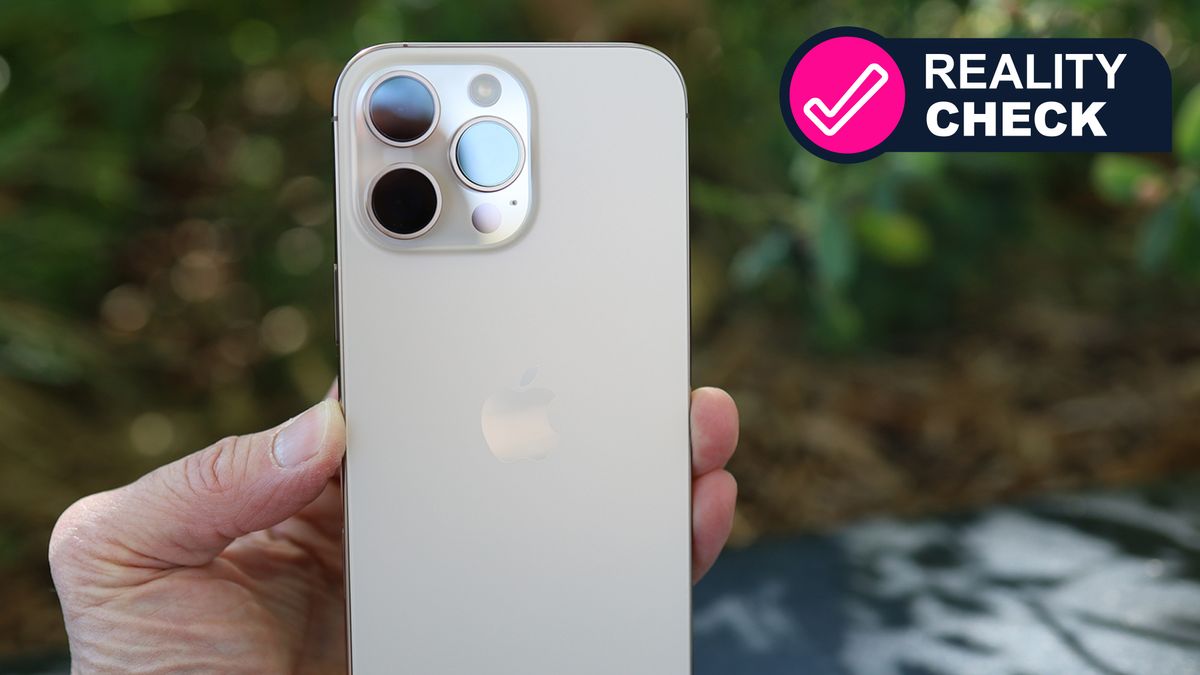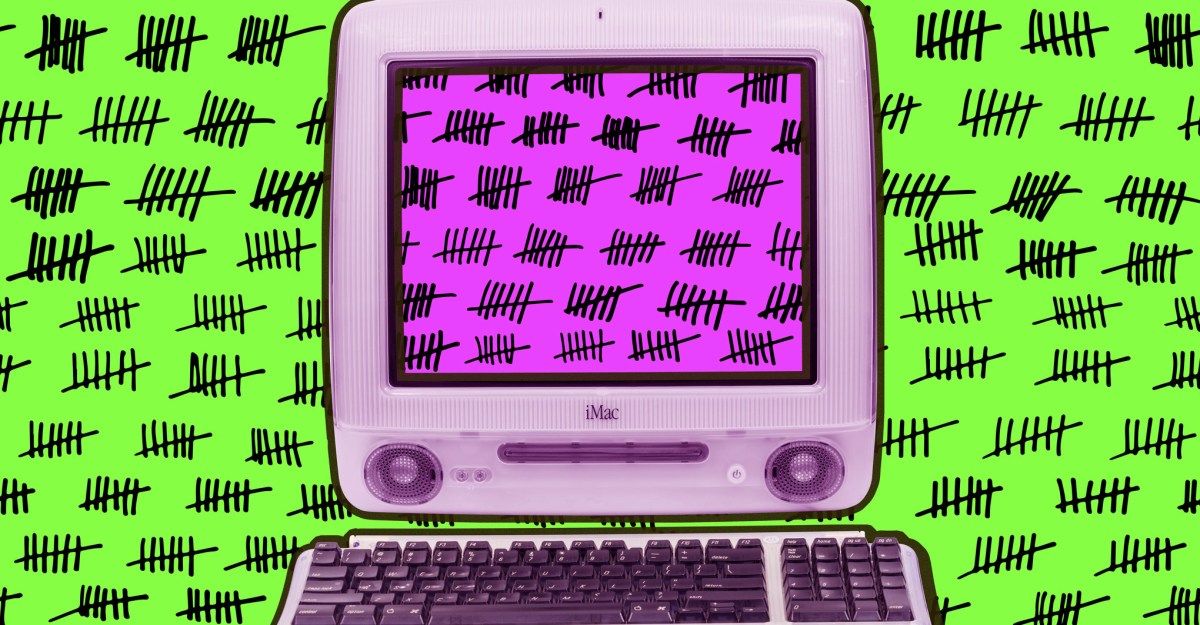
"Analysts Comment on $2,300 iPhone Rumors Following Trump Tariffs: 'Possible, but Unlikely'"
We consulted analysts to get a balanced perspective.
Donald Trump has revealed his intention to implement significant tariffs on imports from several major trade partners of the United States, including the European Union and China. These trade measures are raising concerns about their potential impact, especially on the technology industry, with projections suggesting that the price of an iPhone could reach $2,300.
The tariffs were announced on April 3 and will apply to an extensive list of countries, both allies like Canada and EU nations, as well as significant manufacturing economies like China and Vietnam. The news has sparked a whirlwind of speculation among industry panelists and consumers, all analyzing the possible repercussions.
According to estimates from Rosenblatt Securities, the price of a high-end iPhone is expected to rise to $2,300, referencing the 1TB iPhone 16 Pro Max model, which is currently valued at $1,599. For the price to reach that figure, Apple would need to pass on the entire 54% tariff that would apply to imports from China. However, it is worth noting that Apple also produces iPhones in other Southeast Asian and South Asian countries, such as Vietnam and India, which would also face proposals for high tariffs.
Industry experts have expressed differing opinions on the likelihood of such a drastic price increase. Kate Leaman, the chief market analyst at AvaTrade, argues that while the idea of a $2,300 iPhone is striking, it is unlikely to become a reality. Leaman estimates that Apple will not transfer the entire cost of the tariff to consumers, suggesting that a price increase of only 20-25% is more probable, making a price closer to $1,900 more realistic by the end of the year.
Nick Rakovsky, CEO of DataDocks, also believes that such severe price increases are unlikely, emphasizing that Apple has incentives not to pass on the full cost to consumers. Rakovsky noted that all companies will feel the impact of the new tariffs, but highlighted that Apple has been diversifying its supply chain and is preparing to adapt to these changes.
Ming-Chi Kuo, a well-known Apple analyst, emphasized that a significant portion of Apple's products is assembled in China, which will face the most severe tariffs. Kuo also mentioned that it is more likely that India and Vietnam will achieve exemptions from U.S. tariffs, which would accelerate the relocation of production away from China.
In summary, while the increase in the price of the iPhone cannot be completely ruled out, Apple's efficient supply chain and its ability to absorb smaller profit margins could partially mitigate the impact on consumers. At this moment, a $2,300 iPhone seems unlikely.



